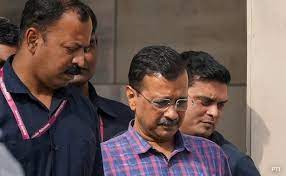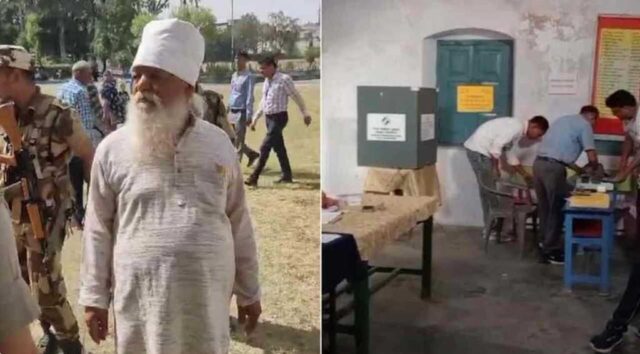Supreme Court : Centre’s statement in apex court on demonetisation, said- Court should avoid judicial review of executive decision

In the Supreme Court, the petitions that said demonetisation was wrong, were heard again on Friday. Meanwhile, the government opposed the Supreme Court’s attempt to revisit the 2016 demonetisation exercise. Attorney General R Venkataramani, appearing for the Centre, said the court cannot hear or decide matters which cannot be changed retrospectively. Significantly, a five-judge constitution bench headed by Justice SA Nazeer is hearing 58 petitions challenging demonetisation. The constitution bench also comprising Justice BR Gavai, Justice AS Bopanna and Justice V Ramasubramanian and Justice BV Nagaratna.
The Supreme Court questioned the Center
Attorney General R Venkataramani’s remarks came after the apex court asked the central government to explain whether it consulted the Central Board of the Reserve Bank of India (RBI) before demonetising Rs 500 and Rs 1,000 denomination notes in 2016. did.
The court told the Center that you have only told that the opinion of experts was taken on this economic issue, but what is your opposition to the petition of the other side? You are arguing that the stated objectives have been achieved. But, we would like you to explain the allegation whether due process was followed while taking the decision of demonetisation. The other side says that this decision is not in accordance with Section 26(2) of the RBI Act.
Attorney General R Venkataramani gave this answer
To this, Attorney General R Venkataramani said the court should refrain from judicial review of the executive decision. He said that it is well established that if the relevance of the inquiry vanishes, the court will not adjudicate upon questions of academic value retrospectively on irrevocable decisions.
It is worth mentioning that earlier in the hearing held yesterday i.e. on Thursday, senior advocate and Congress leader P Chidambaram had said in the Supreme Court that the Central Government on its own cannot pass any resolution related to currency notes. This can happen only on the recommendation of the Central Board of RBI. In such a situation, this decision making process should be cancelled. He had said that the right to regulate the issue of bank notes rests entirely with the Reserve Bank of India. The Central Government on its own cannot initiate any proposal relating to legal tender. Can be done only on the recommendation of the Central Board of RBI.




